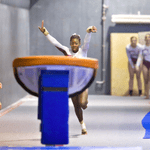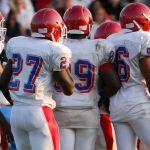How Visualization Helps Boost Confidence
Belief, Confidence, and Accomplishment When you believe you can achieve a goal, you build confidence to go after that goal. When you have unshakeable confidence, you are more resilient, overcome obstacles and increase the likelihood of accomplishing your goal. The relationship between belief, confidence, and accomplishment is cyclical. Belief sets the cycle in motion, but what creates belief? … Sport Psychology Article…






